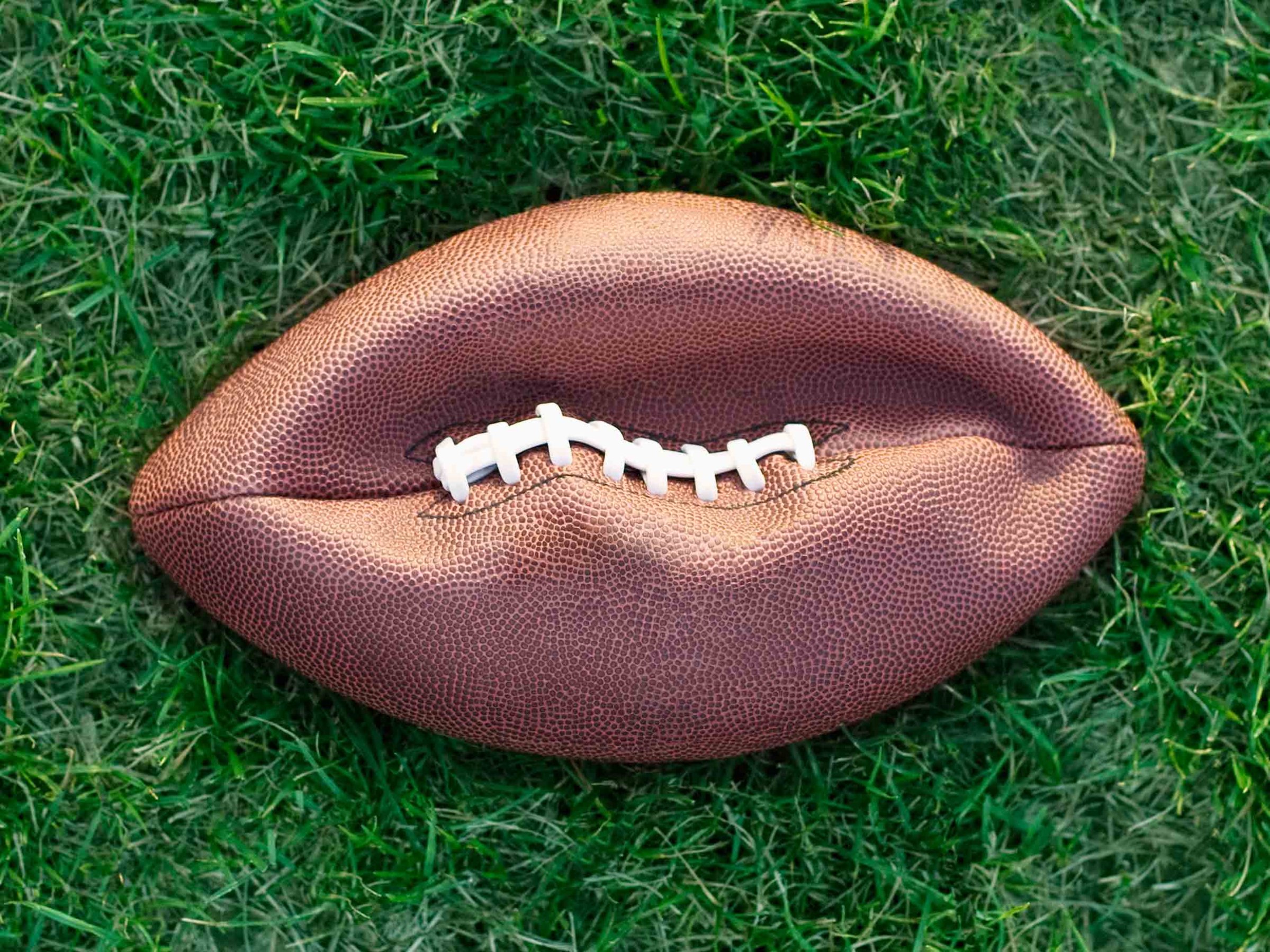
Mindy Reed has been in love with the NFL for more than 50 years. As a kid in Connecticut, she wore a Bart Starr jersey and bonded over the game with her dad. Fandom helped Reed break into the old-boys’ club as she climbed the corporate ladder at Dell and connect with football-mad Texans when she switched careers and became a librarian in Austin. Now she’s giving it all up.
Reed, 61, has decided to boycott the NFL because no team has offered a job to Colin Kaepernick, the quarterback whose protest of police brutality during the national anthem last season ignited a cultural firestorm. Reed, who is white, says police have pulled over her husband for “driving while black,” and tuning out the NFL is a way to show solidarity. She has plenty of company. Kaepernick’s supporters range from the active players who have continued his protest and celebrities like Spike Lee to the 175,000-plus signatories of a petition on Change.org called #NoKaepernickNoNFL.
Critics too are emboldened. After several Cleveland Browns players knelt during the anthem before an August preseason game, the police and paramedic unions planned to withdraw from a pregame flag ceremony.
For the NFL, the simmering conflict is one of many dark clouds looming over the start of the season. September has long been when America’s real national pastime reasserts its grasp. Yet rather than fighting over fantasy teams or marveling at Tom Brady’s longevity, fans in the run-up to this season have been consumed by soberer topics. Be it the Kaepernick debate, violence against women or the nature of the game itself, a growing number of Americans are becoming fed up with football.
The most important NFL news this summer was not a big free-agent signing but a study published in the Journal of the American Medical Association in July. Researchers examined the brains of 111 deceased NFL players and diagnosed 110 of them, or 99%, with the degenerative brain disease CTE. The study, said author Dr. Jesse Mez, “suggests, with a lot of caveats, that this is probably not a rare disease–at least among those who are exposed to a lot of football.”
Two days after the findings were released, Baltimore Ravens offensive lineman John Urschel, who’s studying for a Ph.D. in mathematics at MIT, abruptly announced his retirement. His decision was reportedly linked to the study. Urschel is one of several NFL players who have retired in their prime rather than increase their chances of developing serious brain injuries. These concerns are trickling down to the youth level: some 23,000 fewer students played high school football last season than in 2015, and schools and peewee programs are dropping their teams for lack of interest.
Alleged violence of a different sort defined another off-season story. On Sept. 5 an arbitrator upheld the NFL’s six-game suspension of Ezekiel Elliott, the young Dallas Cowboys star who led the NFL in rushing last season, for violating the league’s personal-conduct policy after an ex-girlfriend accused him of domestic violence. Officials in Columbus, Ohio, declined to pursue charges, and Elliott has denied the allegations.
Then there is the matter of Kaepernick, whose absence from the game may well be more significant than his presence. He is no longer the player he was in 2013, when he led San Francisco to a Super Bowl berth, but he did throw 16 touchdowns last season against just four interceptions. Yet since March, NFL teams have signed 20 new free-agent quarterbacks who have never completed a pass in the regular season. Ravens owner Steve Bisciotti admitted it was about more than talent when the team considered signing Kaepernick, and he asked fans to weigh in. Former Ravens linebacker Ray Lewis–who pleaded guilty to obstruction of justice in a double-murder case but didn’t lose his NFL livelihood–said Baltimore passed on Kaepernick because his girlfriend posted a racially charged tweet. This, when NFL teams have signed players who have been convicted of domestic violence, illegal gun possession and DUI manslaughter.
Last year the NFL’s once reliable regular-season TV ratings dipped by 9%. They could fall again if more people like Reed turn away. “Who knows what I might discover out there,” Reed says of life without the NFL. “I certainly know how to read a book.”
More Must-Reads From TIME
- The 100 Most Influential People of 2024
- The Revolution of Yulia Navalnaya
- 6 Compliments That Land Every Time
- What's the Deal With the Bitcoin Halving?
- If You're Dating Right Now , You're Brave: Column
- The AI That Could Heal a Divided Internet
- Fallout Is a Brilliant Model for the Future of Video Game Adaptations
- Want Weekly Recs on What to Watch, Read, and More? Sign Up for Worth Your Time
Write to Sean Gregory at sean.gregory@time.com